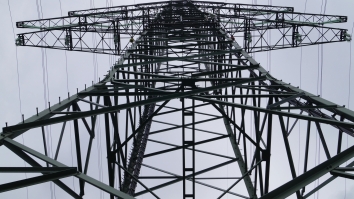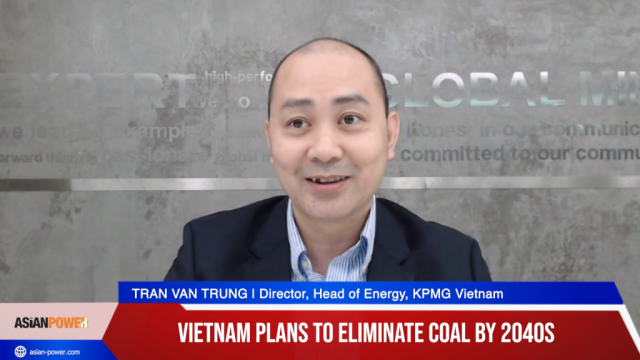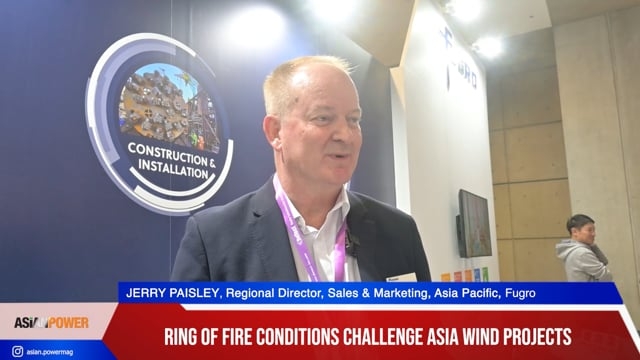Can PV systems provide resilient electricity to earthquake prone areas in Indonesia?
By Muhamad Reza, PhDJust in the last four months, July to October 2018, seven earthquakes with magnitude greater than 5 have hit Indonesia. Two of them were very powerful and caused a lot of damages and fatalities. One with 6.9 magnitude occurred in Lombok Island on 5 August 2018 causing more than 500 fatalities, 1,300 injuries, widespread damages and displacing over 340,000 people. The other with 7.5 magnitude occurred in Central of Sulawesi Island on 29 September and eventually triggered a tsunami that caused more than 2,000 fatalities, 10,000 injuries, 5,000 people to be initially reported missing, and 70,000 homes destroyed.
In addition to fatalities and injuries, survivors after quakes were reported having to have difficulties to regain basic needs of water and electricity. Clean water was difficult to access because the pipes from central water treatment to households were damaged or because there was no electricity to run the water pumps. Electricity went out mainly due to damaged substations, transmission and distributions lines causing power outages. In the case of Lombok Island, for example, electric power in 75% of the island went off following the earthquake on 5 August 2018 and due to the electricity outage, some Base Transceiver Stations (BTS) for telecommunication around Northern part of Lombok Island experienced disruption. The latter was not less devastating since in such disaster situation, communication services are very important to spread out accurate information to the survivors about the situation as well as the relief efforts afterwards.
Due to the meeting of major tectonic plates in the region, Indonesia is prone to earthquakes. United States Geological Survey has recorded that between 1901 and 2017, Indonesia has had more than 150 earthquakes with magnitude greater than 7. Therefore, electrical system resiliency is one of the critical issues that must be seriously considered by the government. Photovoltaic (PV) systems that generate electricity from solar can offer the potential solution for the matter.
A PV system, especially when it is coupled with sufficient battery system, possesses characteristics that make it resilient. In areas hit by earthquakes, such as Lombok Island, the electricity went off immediately after 5 August 2018 in residential houses as well as public buildings primarily due to damaged transmission and distribution towers and lines.
Moreover, power plants running on diesel fuel faced additional problems when the fuel supply became difficult to obtain due to damaged roads. PV equipped with battery system can cope well with this kind of situation. It can operate off-grid so that electricity can be continuously supplied although the transmission and distribution towers and lines are damaged, or the fuel supply to diesel power plants are temporarily unavailable.
This was proven in Lombok earthquake: some BTS equipped with backup system including PV and battery systems survived even though electricity from the grid was cut-off. When such disaster hits, the modular design of PV panels is also one of the important characters that makes the chance of surviving panels higher. With a clever installation design and sufficient training to users it should be possible to reconfigure the survived panels and make them to work as emergency power plants, even if the building where the PV was installed are damaged.
Despite price decreases in solar panels — which is closer to $1 or less per Watt-peak — progress in implementing PV in Indonesia has not been very successful. Developing large PV systems is still hindered by unattractive compensation and lack of financial support mechanisms, especially when competing with classical power plants. At user level, in form of PV rooftops, the development is also impeded by unclear policy and regulation around net metering when PV rooftops are operated on-grid. Besides, applying PV rooftops off-grids are less attractive due to high investment costs when the system must be coupled with backup diesel generators or batteries.
A message to the decision makers in Indonesia is to make policies that lean towards promoting the installation of PV systems in Indonesia. It is a fact that many areas in Indonesia are prone to earthquakes and PV systems show potentials to be resilient against disasters including earthquake.
























 Advertise
Advertise







